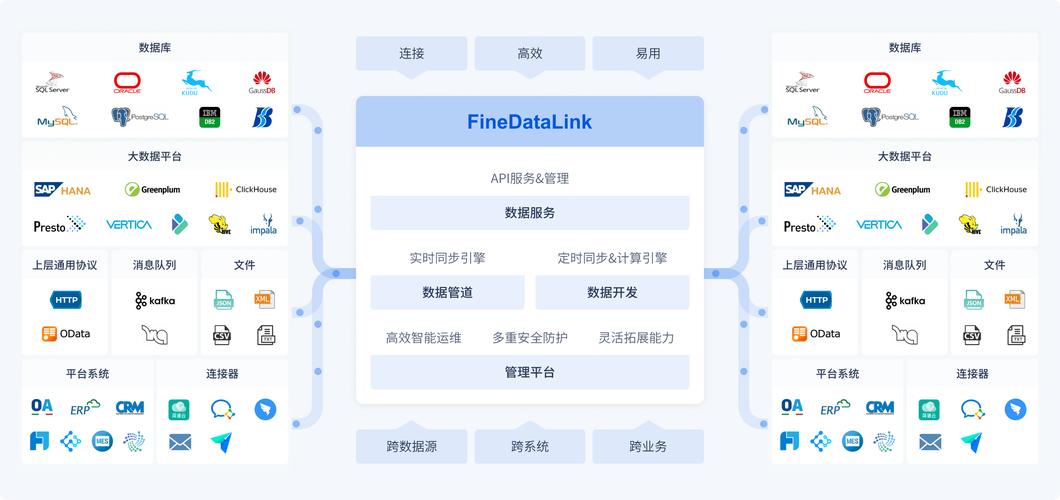
Data Mining II: Eth
Data mining is a vast field that encompasses various techniques and methodologies to extract valuable insights from large datasets. In this article, we will delve into the concept of data mining, focusing on the “Eth” aspect. By understanding the ethical considerations involved in data mining, we can ensure that our practices are responsible and respectful of individuals and society.
Understanding Data Mining
Data mining involves the process of discovering patterns, relationships, and insights from vast amounts of data. It is widely used in various industries, such as healthcare, finance, marketing, and social media. By analyzing data, organizations can make informed decisions, identify trends, and improve their operations.

There are several key techniques used in data mining, including:
-
Association Rule Learning: This technique helps identify relationships between variables in a dataset. For example, it can determine that customers who buy bread are also likely to buy milk.
-
Clustering: This technique groups similar data points together based on their characteristics. It can be used to segment customers into different groups based on their purchasing behavior.
-
Classification: This technique involves predicting the class or category of a data point based on its features. For example, it can classify emails as spam or not spam.

-
Regression: This technique predicts a continuous value based on the input features. For example, it can predict the price of a house based on its size, location, and other factors.
The Ethical Aspect of Data Mining
While data mining offers numerous benefits, it also raises ethical concerns. Here are some key ethical considerations to keep in mind:
Privacy
One of the most significant ethical concerns in data mining is privacy. Organizations often collect vast amounts of personal data, which can be sensitive and private. It is crucial to ensure that individuals’ privacy is respected and that their data is not misused. This can be achieved by implementing strict data protection policies, encrypting sensitive data, and obtaining informed consent from individuals before collecting their data.
Transparency
Transparency is another critical ethical consideration. Organizations should be transparent about how they collect, store, and use data. This includes providing clear information about the data collection process, the types of data collected, and how the data will be used. Transparency helps build trust between organizations and individuals.
Accuracy
Accuracy is essential in data mining to ensure that the insights derived from the data are reliable and valid. Organizations should take measures to ensure the accuracy of their data, such as validating data sources, cleaning and preprocessing data, and regularly auditing their data mining processes.
Bias and Fairness
Data mining can inadvertently introduce biases into the insights and decisions made based on the data. It is crucial to be aware of these biases and take steps to mitigate them. This includes using diverse datasets, being mindful of the data collection process, and regularly reviewing and updating data mining models to ensure fairness and equity.
Table: Ethical Considerations in Data Mining
| Aspect | Description |
|---|---|
| Privacy | Ensure individuals’ privacy is respected and data is not misused. |
| Transparency | Be transparent about data collection, storage, and usage. |
| Accuracy | Ensure the accuracy of data and insights derived from it. |
| Bias and Fairness | Mitigate biases in data mining to ensure fairness and equity. |
Conclusion
Data mining is a powerful tool that can provide valuable insights and drive innovation. However, it is crucial to approach data mining with ethical considerations in mind. By respecting privacy, ensuring transparency, maintaining accuracy, and addressing biases, organizations can use data mining responsibly and contribute to a more ethical and equitable society.



